NICE TO MEET YOU, MARLENE SØRENSEN!
We met with Marlene Sørensenin Berlin on the occasion of her second book launch called “Woher hat sie das” . We talk about style and personalities – the two topics of her book where she also portrays PREMIUM GROUP CEO Anita Tillmann.
What does style mean to you?
It reminds me of last Friday night. I was invited to a dinner and met a woman who has had a career in fashion and now owns a bag brand. I went up to her and told her how much I like what she does. Just for the sake of it. She was wearing a black blouse, leather pants with a paper bag waist and grey pilot’s glasses. Although it was the first time I had ever seen her, I felt like all of that was synonymous with her. There were many overly styled people at this dinner, but to me this woman was one of the most stylish guests, because nothing seemed too dressed up. A good sense of style means knowing yourself and using fashion to express your own personality.
Is that also the answer to the question what style is not? Being dressed as something you’re not?
Yes, although I think that you shouldn’t be too hard on yourself either. You can follow trends that afterwards may make you feel like they weren’t the one for you. I was wearing skinny jeans for years before I realized that they weren’t the right cut for my legs. No style to me is more like having a special occasion and not making an effort. I’m not just talking about following the dress code. For example, if you’re invited for dinner at your friend’s place, you know she took the time to cook, tidy up her apartment, put candles on the table etc. I think we should honor that by making an effort. And you can show that by looking nice.
These are the kind of women you portray in your book. According to which criteria do you select your protagonists?
It’s totally subjective. I asked women that I wanted to know and learn more about. In the case of Anita Tillmann, I find it intriguing how she moves through her daily life in the fashion world. Are there dress codes? If so, how do you incorporate them without sacrificing your own style? How does she cope with being a businesswoman in an industry dominated by males? Is that even something she cares about? The women in my book have very different styles. Their common ground is that they don’t stand for an amazing unique style and give practical advice to readers but that you can discuss topics with them that go beyond fashion. That’s why it was important to me what these women were portrayed according to their personality in the photographs.

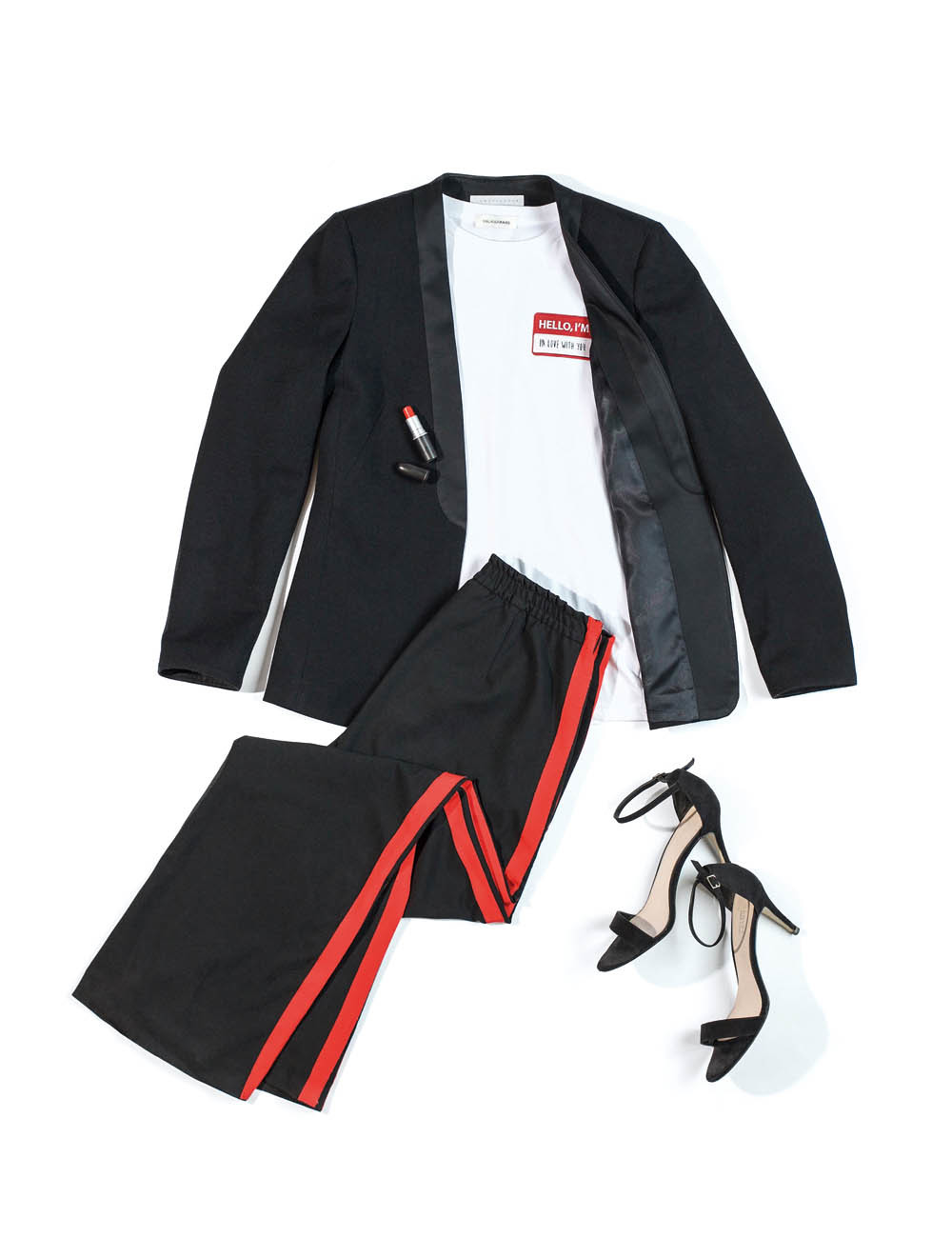
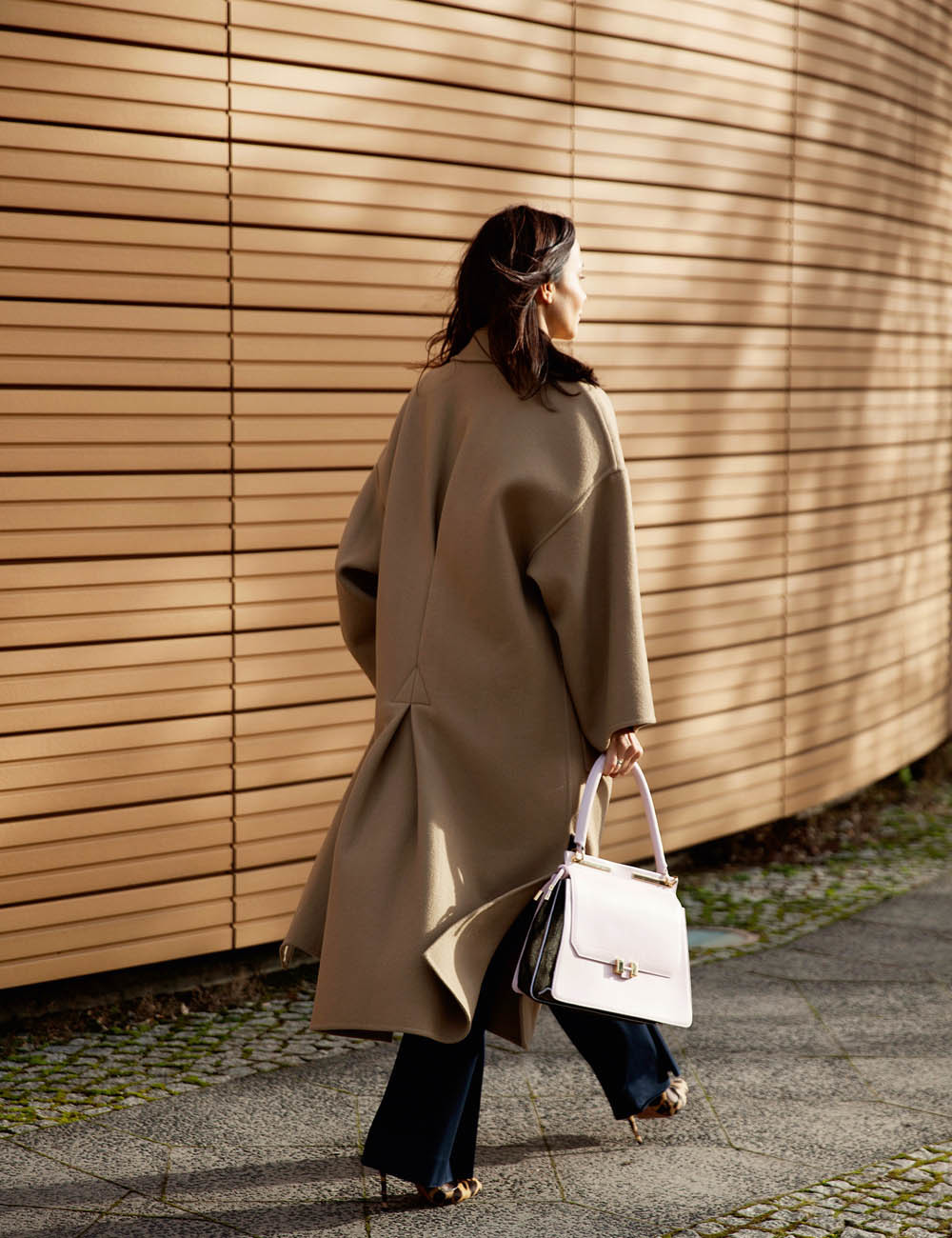
You seem absolutely approachable. What I have been wanting to say the whole time, also in reference to your book title: I think it’s amazing that you compliment other women and photograph them in a way that they feel comfortable. That’s exactly what we need to push amongst women.
Thanks for the compliment (laughs). It’s a cliché that women can’t handle each other, that there’s always jealousy and competition.
Beside women making you think “where does she get it from”, what do you feel inspired by when it comes to not just your own style, but also the writing and photography?
I’m realizing how important it is for my mind and my creativity when I occasionally don’t work towards something. Not checking off something on my to-do list, not meeting any employers’ demands. But taking my camera on a walk in the woods because I feel like it or writing a piece because I need to get it out of my system. It’s not easy for me to take the time for it because I already feel like I’m in over my head and I feel overwhelmed doing it all justice: my family, my employers, my friends and myself. But I’ve also learned that if I always put my needs and myself last, I don’t have the energy to do everything else. Meeting my own needs sometimes means not doing anything at all.
That is a hard thing to do in Berlin, still it’s your adopted residency. What does the city mean to you?
Above all: home. I’ve been in Berlin for ten years and it is the longest time I’ve lived somewhere, except for my hometown Stade near Hamburg. The reason why I still like Berlin so much – although it drives me nuts sometimes with its bad mood and messiness – is a simple sentence someone once said to me: “here, you’re never the last one to arrive at the party”. To me, this means everyone is welcome and can make this city his own. And it means being a good host for the next guests to come and show them around. The city has such a rich history and yet is always moving forward.
Can you picture yourself living somewhere else with you family?
Since I was little I have been fantasizing about a garden. Especially when I look onto the four-lane Greifswalder Straße from my office desk. At the same time I like living in a big city. We went to London recently and the city showed itself at its best, which suddenly made me feel this deep longing. But that’s really just a fantasy; I would have to become a banker to afford living there.
What’s the best compliment you’ve ever received?
An unexpected one.
Are you good at taking them?
No. (laughs) I’m rather bad at taking compliments because I often think that I should be doing even better. But when I see that a book I wrote has touched or entertained or helped someone, it’s a wonderful compliment I will gladly take. Because it’s really not about me then, but about another woman feeling seen through my text.
What do you wish for the future?
The courage to dare doing things that I am afraid of. Ten years ago, I would have never thought that I’d be photographing or writing books. It took me a lot of guts to say: I’m just going to try making a book with my own pictures. It could have gone wrong. But it didn’t. I strongly believe that taking risks is always worth it.
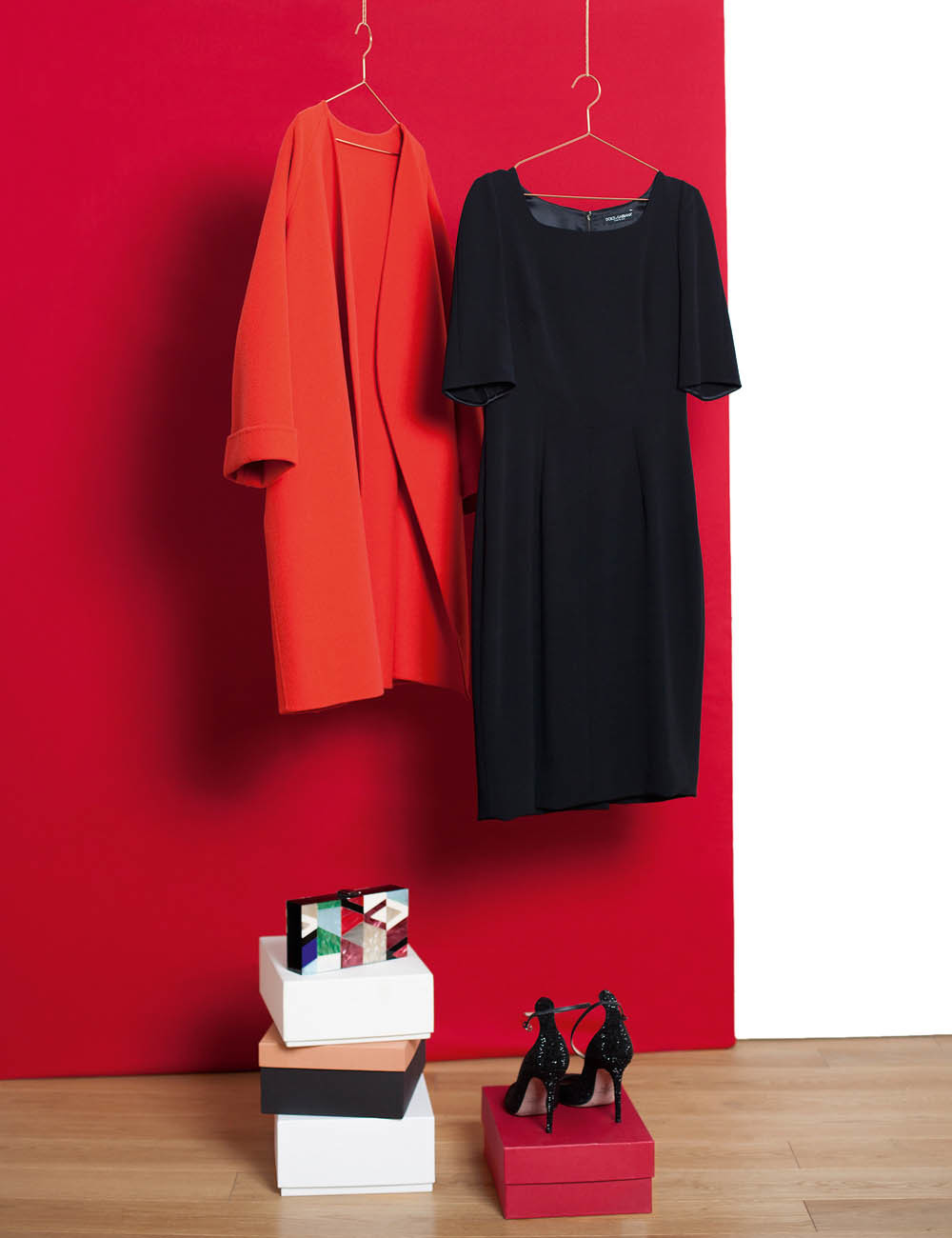
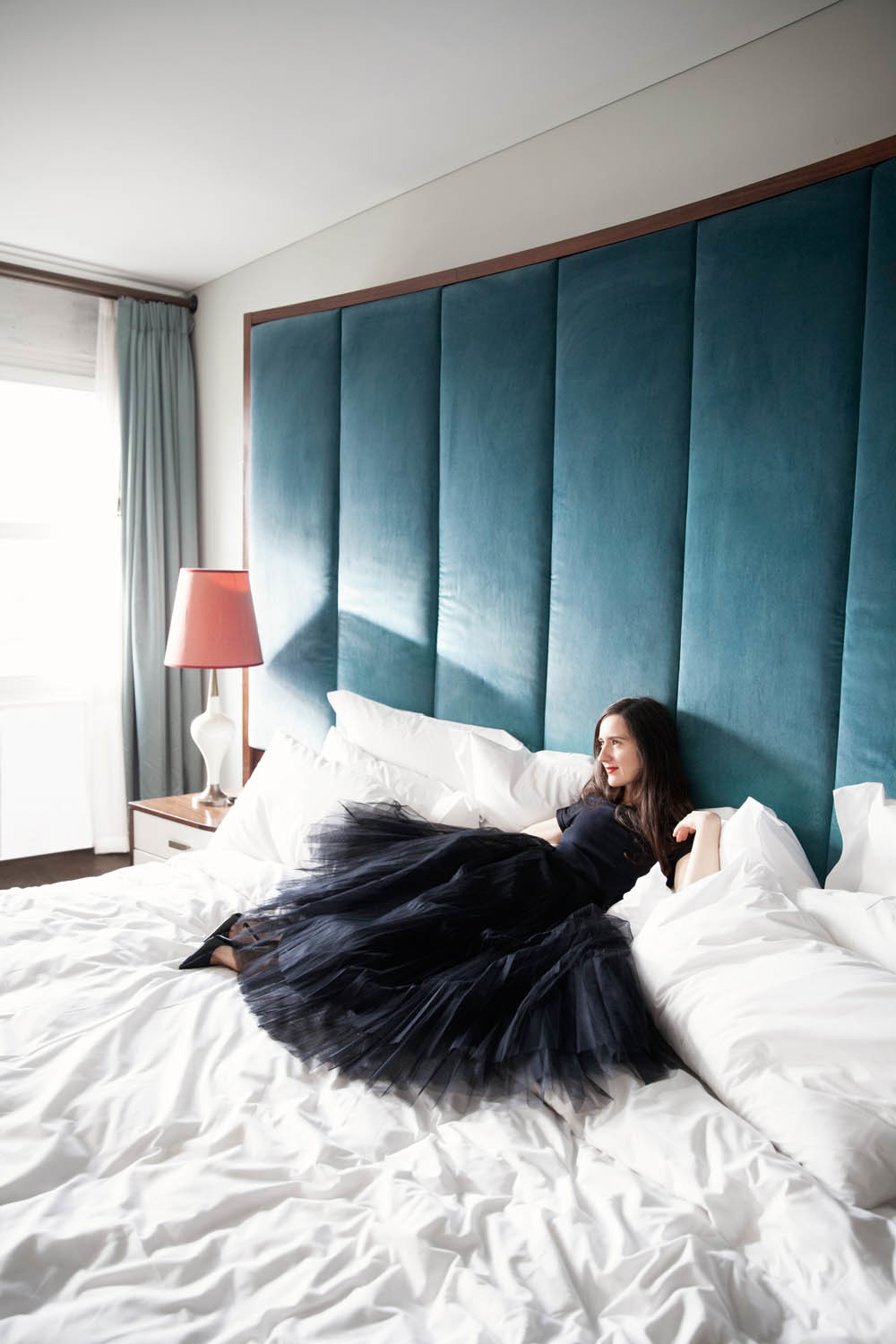
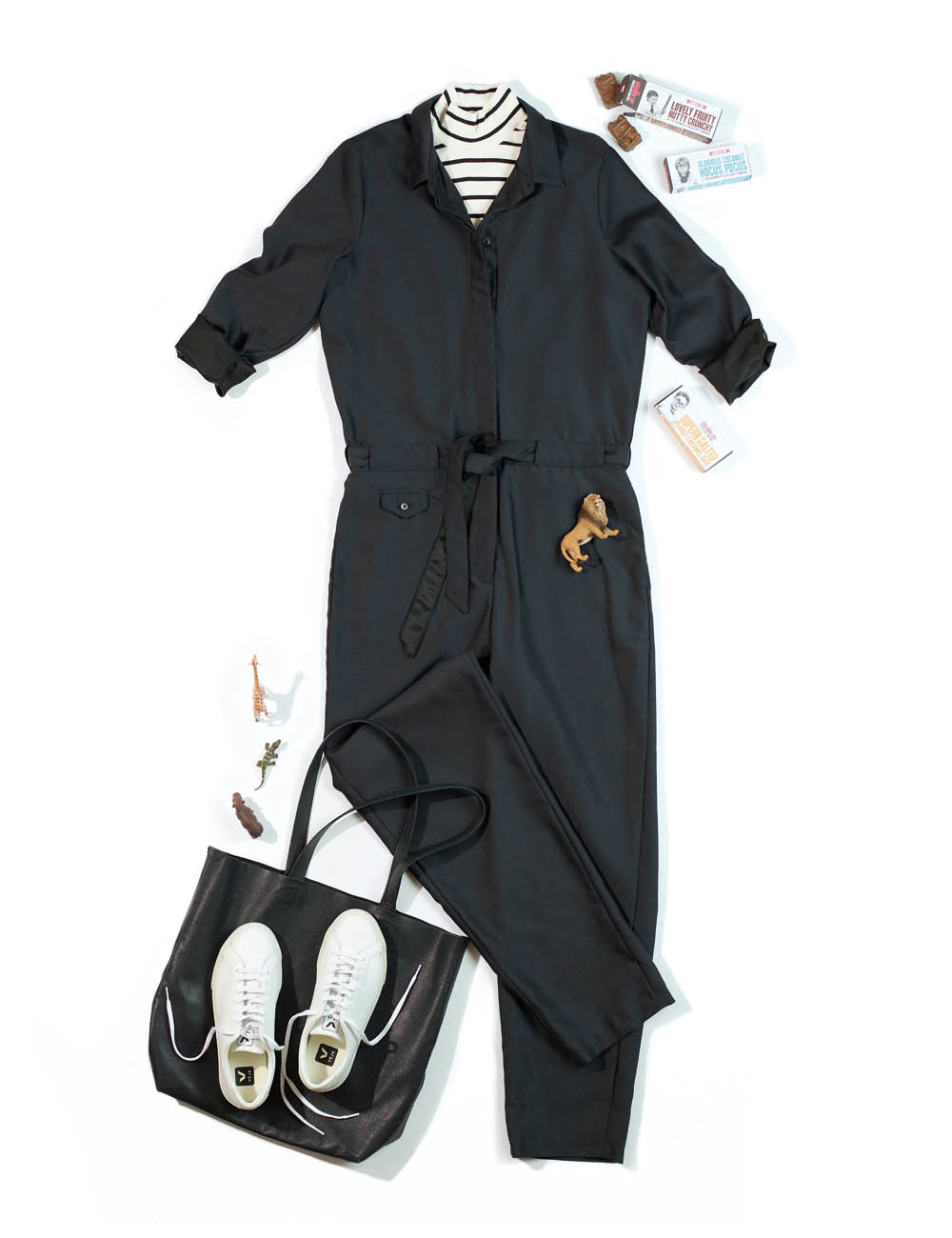
Text: Mareike Brünig
Translation: Kelly Niesen
Pics by Marlene Sørensen "Woher hat sie das"

